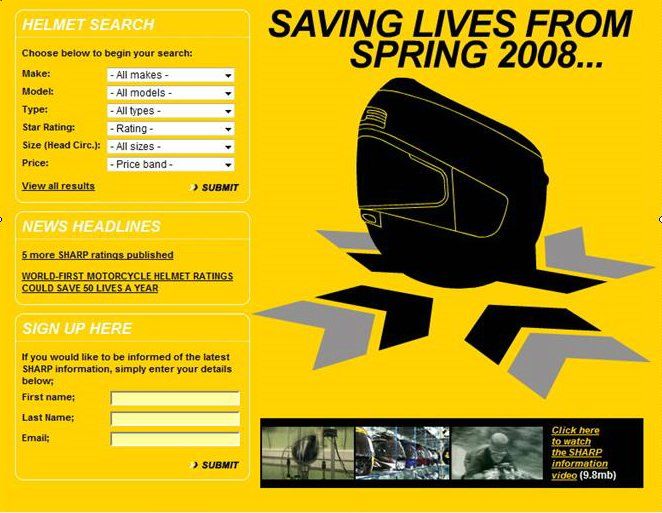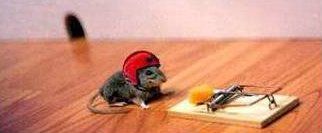For those of you who ride your motorcycle or scooter with a brain bucket, commonly known as a helmet, it's not always easy to know which helmets are good, and which aren't. Price is definitely not a criteria.
One way of finding out which helmets are good, is frequenting motorcycle discussion forums. You'll find a wealth of experience, offering advice on comfort levels, sound isolation, visibility, you name it.
But one area that these forums have a problem recommending, is what helmets were designed for: crash impact. No matter how comfortable a helmet is, no matter how good sound is isolated, no matter how sexy the helmet looks, if it fails a crash test, it's of no use.
But you're not going to buy a helmet and then fling it against a wall, or drop a bowling ball on top of it, just to see if it works. Figures supplied by the manufacturers don't really count, since they have a vested interest in making the helmets look good.
In the United Kingdom, the government have started a helmet test program called SHARP (Safety Helmet and Assessment Rating Programme – it's English, and they spell Program like Programme).
With its own website, all helmets on the market in the UK are being extensively tested, and the results published on the site for all to see.
They are using several criteria in the testing of helmets; linear, oblique impact, impact locations, speed tests and they look at the different head forms.
Now you can search for your favorite helmet and see if it's really safe. Helmets are awarded stars: 5 stars are the best and safest, 1 star means they're probably as strong as an egg shell.
The website, http://dft-1-sharp.eduserv.org.uk/, is still receiving and testing helmets, so you'll not find every helmet on-line, but they're working on it. Check out the “About SHARP”, which explains in detail the tests and why.
Would you buy a helmet based on your fellow rider's recommendations, or would you consult such a website? Is this something that should be generalized?


